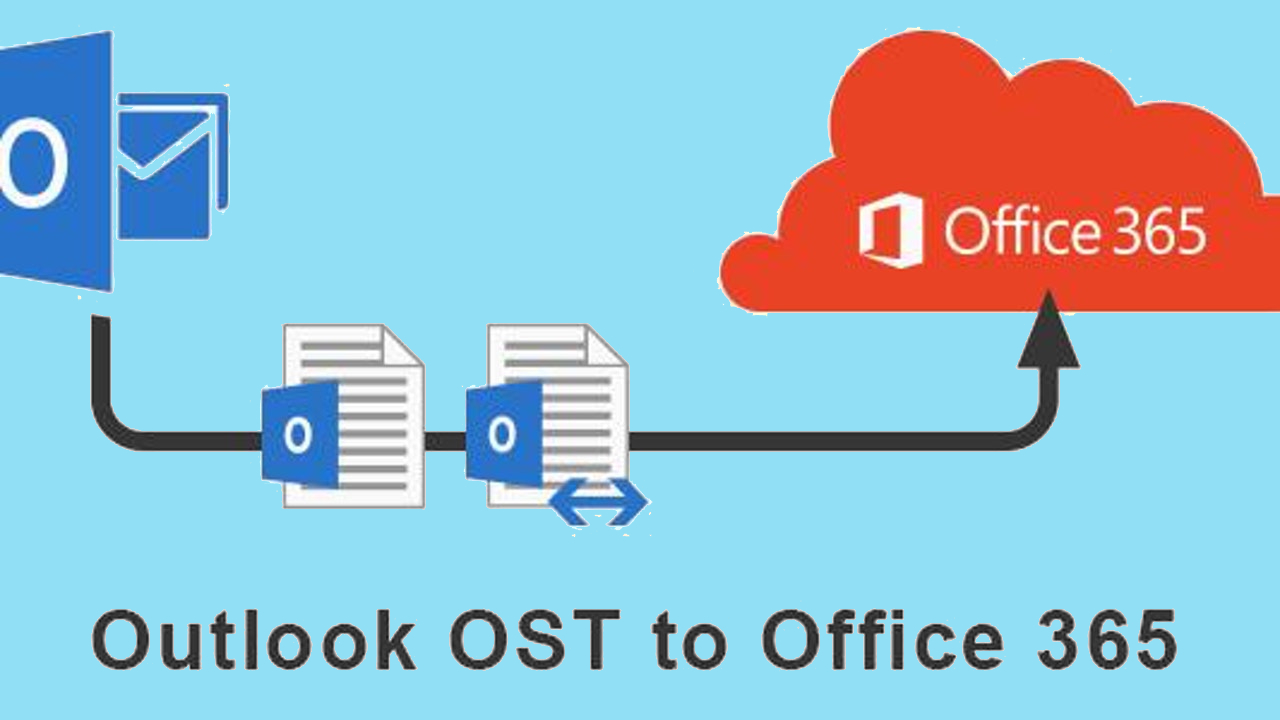How to Import OST Files to Office 365 – Explained
To import OST to Office 365, you first have to convert your OST files into PST format. You can go about doing this by using:
- Outlook Export Method
- Using a OST to PST Converter Software
In this article, you’ll learn how you can exactly go about importing your files using the above methods, and why you might need to import them in the first place.
It is crucial to chose a method that is suitable to your individual situation rather than go for any generalized approach.
So, let’s dive right in…
Why Import OST to Office 365?
OST is a popular file format that is used to store email messages of applications such as Thunderbird, Apple Mail, etc.
Office 365, on the other hand, is cloud platform that is accessible from anywhere in the world, and hence, is quite popular with email power users. To make sure that your emails are accessible from anywhere, you too can import OST files to Office 365.
Further, you might need to import your OST files into Office 365 due to these reasons:
- To keep a backup of your email conversations in case of data loss in Exchange environment.
- To avoid any server downtime.
- To have an alternate access to your files in case of corruption.
With this out the way, lets get into the actual process of conversion itself.
Also, to import OST to Office 365, we first have to convert the OST files into PST format, and then finally import this PST file to Office 365. In other words, there is no direct method to convert OST to Office 365.
Convert OST to PST by Outlook
You can simply convert your OST files into PST format by using Microsoft’s Outlook email client. This is a free and simple method to convert your files into PST format. Keep in mind, however, that this method doesn’t work when you have a large number of OST files. In such a case, you’ll have to convert each OST files individually, only.
Follow the steps below to export your files into PST format right away.:
- Launch Microsoft Outlook, then click on Export> File.
- Click on Export to File> Next.
- Select the PST format and then click on Next.
- Select the folders that you want the user to export.
- Click on Finish to save the file.
Use an Enterprise Software to Convert OST to PST Format
The above method, although free, is time consuming if you have a large number of OST files. To save your time, you can simply use an automated tool to take care of the conversion process for you.
Follow the below steps and export your files into PST format:
- Download the OST to PST converter software application and install it.
- Choose the OST files to convert.
- The application will give a short preview of files to be displayed.
- In Export Options choose the PST format, set the destination for your file, and then click on
Your OST files will be converted into PST format, shortly.
Import the Converted OST(now PST) files to Office 365
After you are done with converting your OST file into PST format, you now have to upload it to Office 365. For this, follow the drive shipping[https://docs.microsoft.com/en-us/office365/securitycompliance/use-drive-shipping-to-import-pst-files-to-office-365] method to upload your data to Office 365.
So There You Have it
I hope this article helped you to import OST to Office 365.
A simplest method to achieve this is to use convert OST files to PST format by Outlook and then upload the files to Office 365. But if you are short on time and have a large number of files, this is method is not apt for you.
You can simply use a professional software to help you with the conversion. Leave your biggest takeaways in the comment section below.



